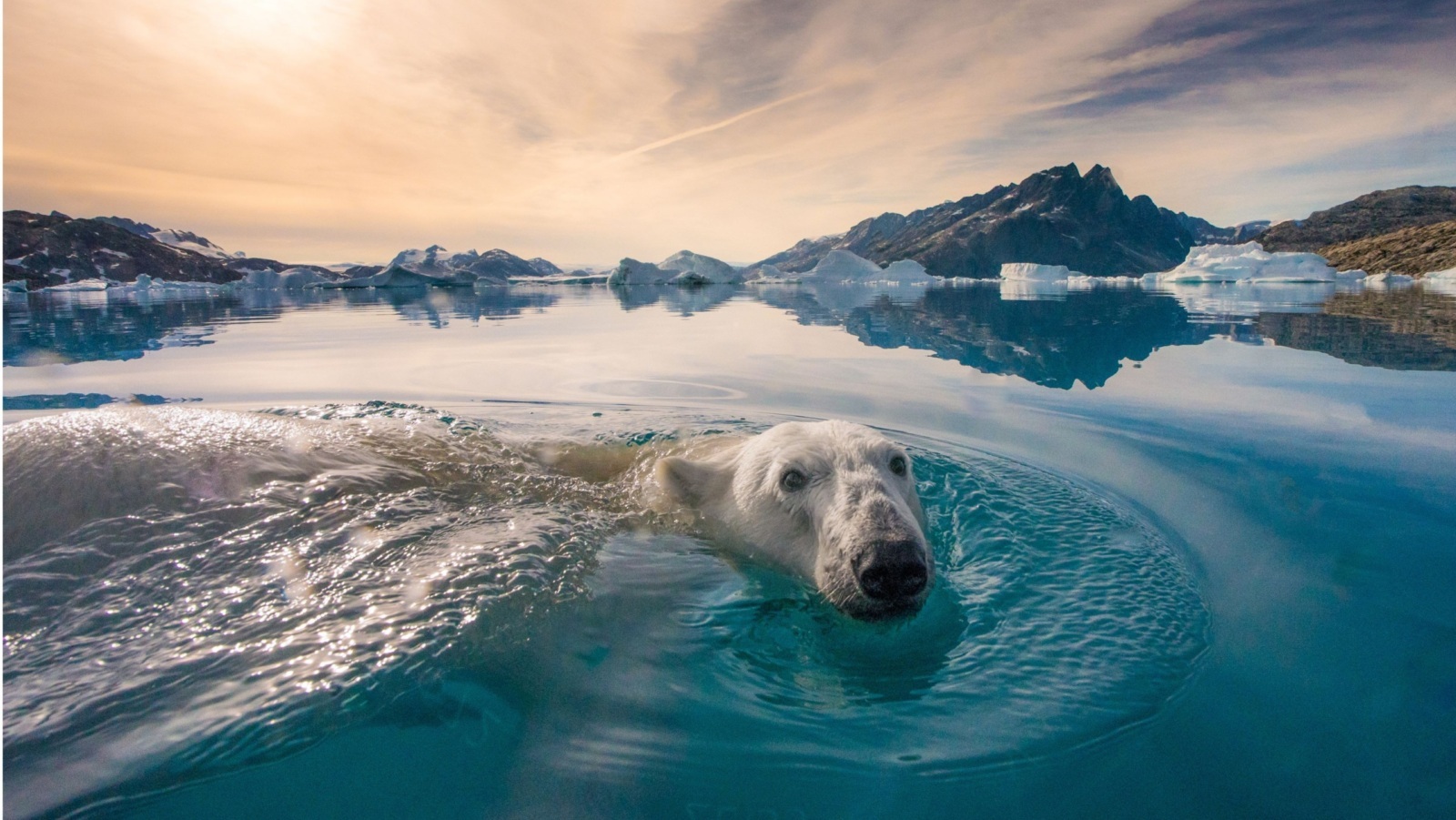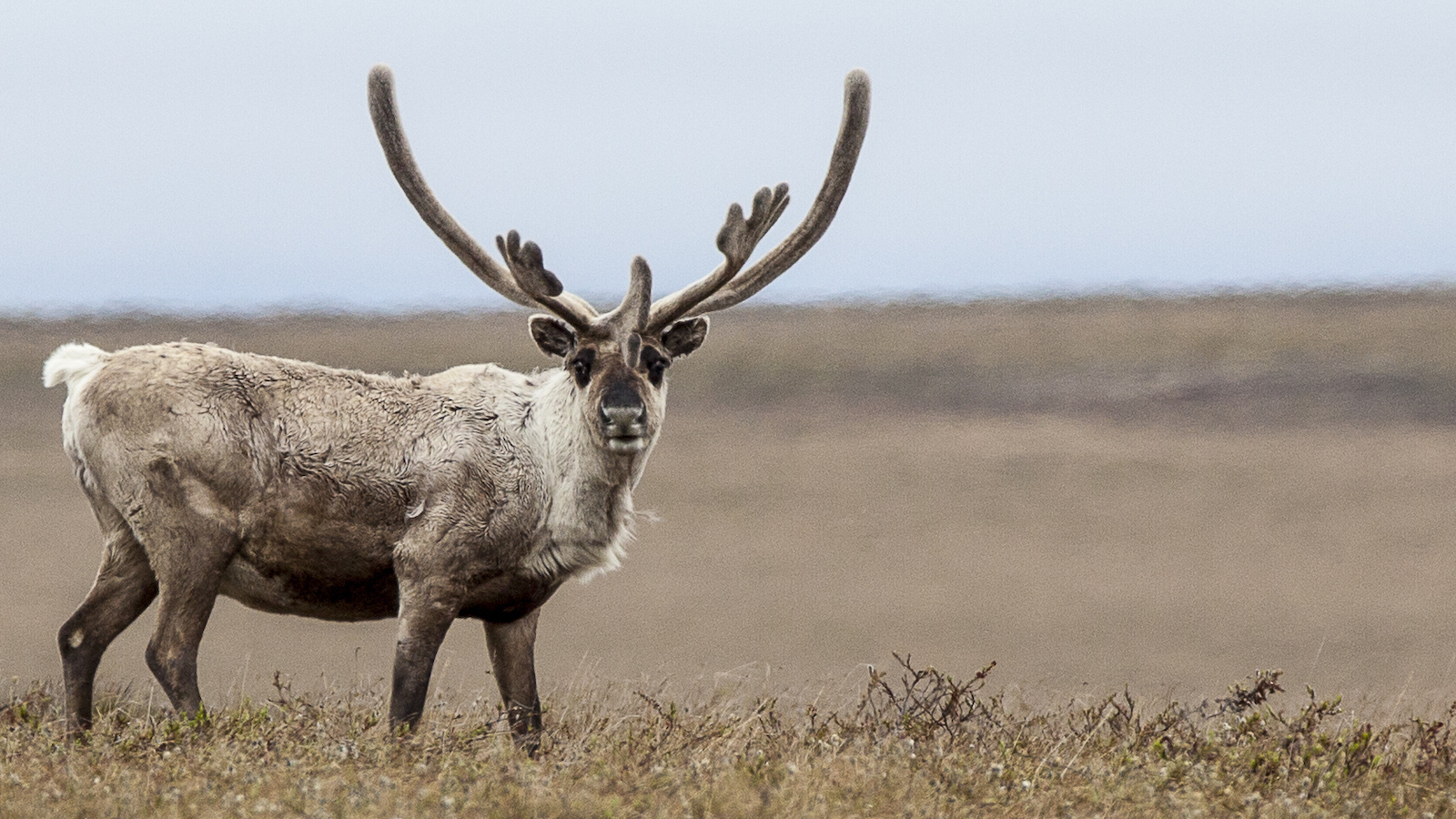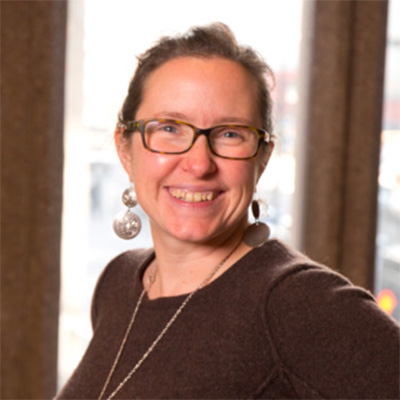
The most absurd thing about ConocoPhillips’ Willow Project
Before the company can extract oil so we can burn it and heat the planet, it would have to freeze ground that’s thawing because of global warming. Make sense?
There’s a lot wrong with ConocoPhillips’ plan to drill for oil on Alaska’s frozen North Slope.
The proposed massive oil drilling project known as the Willow Project would be a loss for the Teshekpuk caribou herd, polar bears, migratory birds and more that call this Arctic tundra home.
It would be a blow to our climate and especially the climate of the Arctic, which is already warming faster than anywhere else on the planet.
And it would be a loss for the people who live in nearby Nuiqsut, bringing development to this wild landscape as well as the danger of leaks and spills.
It’s a lose-lose-lose scenario. But don’t worry. It gets worse.
ConocoPhillips has said that it may need to use giant chillers to keep the ground under the Willow Project — which, again, is in the Arctic — frozen through the summer.
Climate change is melting Alaska’s permafrost. The Willow Project would make it worse
As Alaska’s largest oil producer, ConocoPhillips is grappling with a problem its product helped create.
Average temperatures in the region have risen by 3 degrees in the last 6 decades, and the Bureau of Land Management warns temperatures could rise by 12 degrees by the end of this century.
All that heat is thawing Alaska’s permafrost. Eighty percent of Alaska’s surface sits on permafrost, or ground made of soil, rocks and ice that is typically frozen year-round. But as temperatures rise, the ice in the permafrost melts, causing the ground to sink and shift.
The Willow Project depends on the cold. Its drilling pads, gravel roads and airstrips would all be built atop permafrost. The project also entails nearly 500 miles of ice roads and an ice bridge.
Climate change puts all this infrastructure at risk. In a world that makes sense, this alone would be reason enough to start hitting the brakes on the activities that are driving climate change — namely, the extraction and burning of fossil fuels. ConocoPhillips has a different solution in mind: Refreeze the Arctic tundra beneath the Willow Project in order to extract more fossil fuels to burn.
We need to stop this ‘carbon bomb’
And if the business of building it weren’t bad enough, the Willow Project would be a “carbon bomb” once completed.
It’s expected to operate for 30 years — long past the point climate scientists warn we must transition away from fossil fuels. And during that time, the project would produce 600 million barrels of oil — the carbon emissions equivalent of 76 new coal-fired power plants.
In short, this plan would push our planet closer to climate catastrophe and spoil yet another wild place. Even so, the U.S. Department of the Interior released a final supplemental environmental impact statement (SEIS) on Feb. 1, one of the final steps required to approve the Willow Project.
The Interior Department must wait 30 days before issuing its final decision, and Environment America is calling for a full cancellation of the project. Our staff and supporters are urging ConocoPhillips to abandon its plans, and we’re urging Interior Secretary Deb Haaland to stop the approval process for this project in its tracks.
Together, we can stand up as Team Sanity and push back against more reckless oil drilling in the Arctic. Add your name to our petition to ConocoPhillips today.
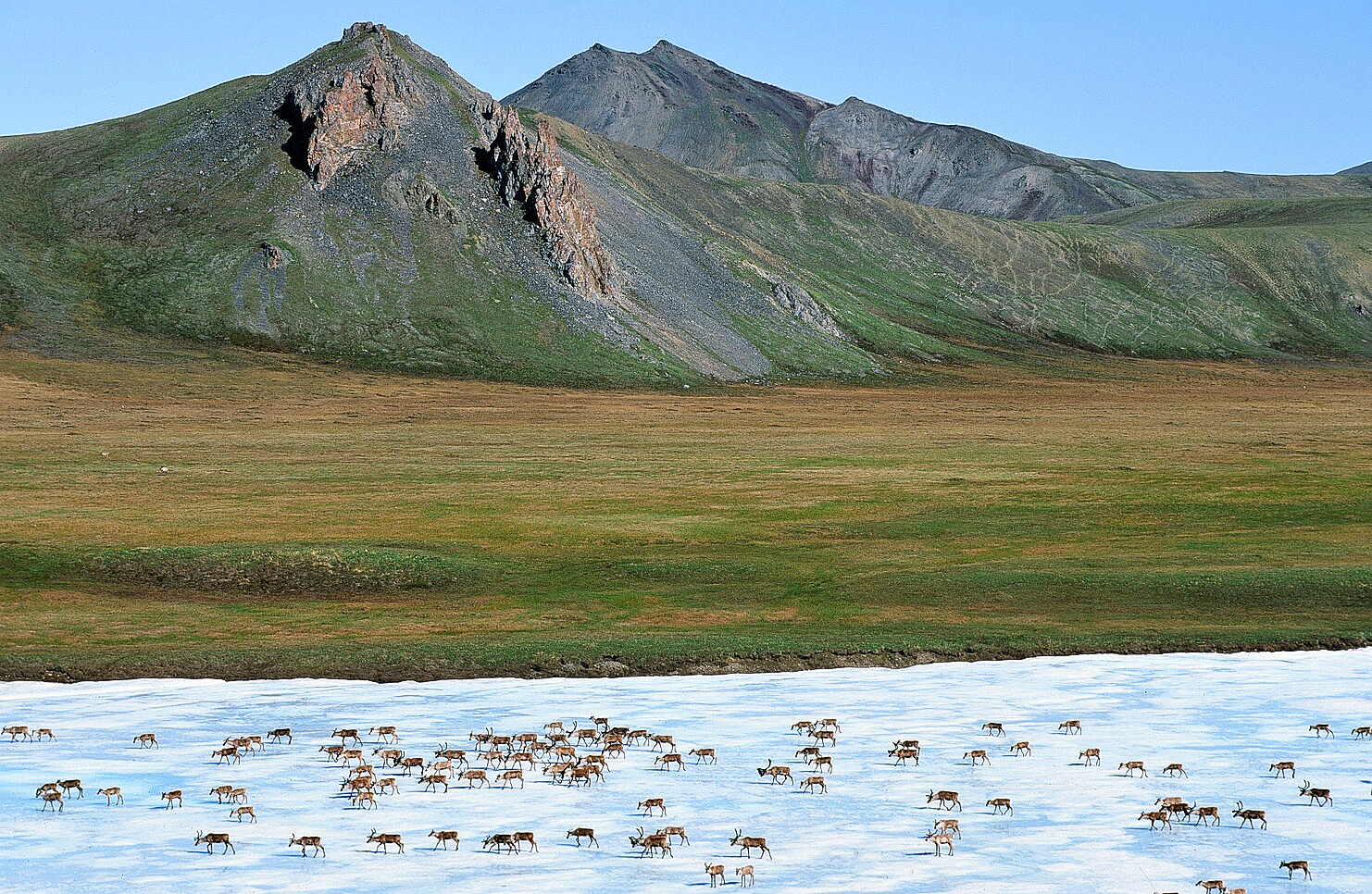
Tell ConocoPhillips: Stop this proposed Arctic drilling project before it’s too late
ConocoPhillips' proposed Willow Master Development Project is the single largest oil extraction project proposed on federal lands. Add your name to stop this harmful drilling project before it spoils the Arctic forever.
Topics
Authors
Ellen Montgomery
Director, Public Lands Campaign, Environment America
Ellen runs campaigns to protect America's beautiful places, from local beachfronts to remote mountain peaks. Prior to her current role, Ellen worked as the organizing director for Environment America’s Climate Defenders campaign. Ellen lives in Denver, where she likes to hike in Colorado's mountains.
Dyani Chapman
State Director, Alaska Environment Action
Dyani is the state director of Alaska Environment and runs campaigns to promote clean air and water, open spaces, and a livable climate in Alaska. She lives in Anchorage and loves to hike, ski and hang out with her family.
Find Out More
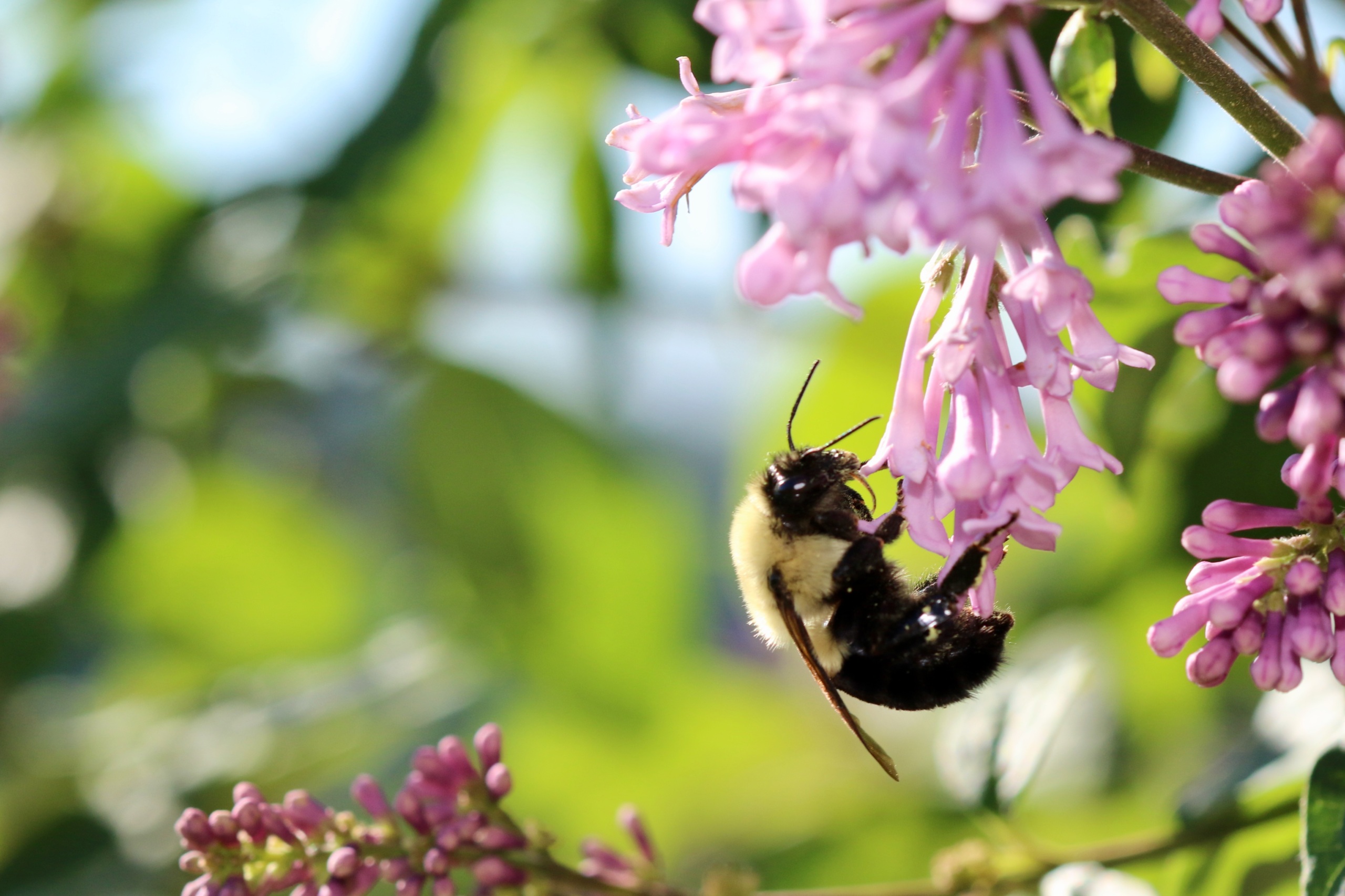
Why we should save the bees, especially the wild bees who need our help most
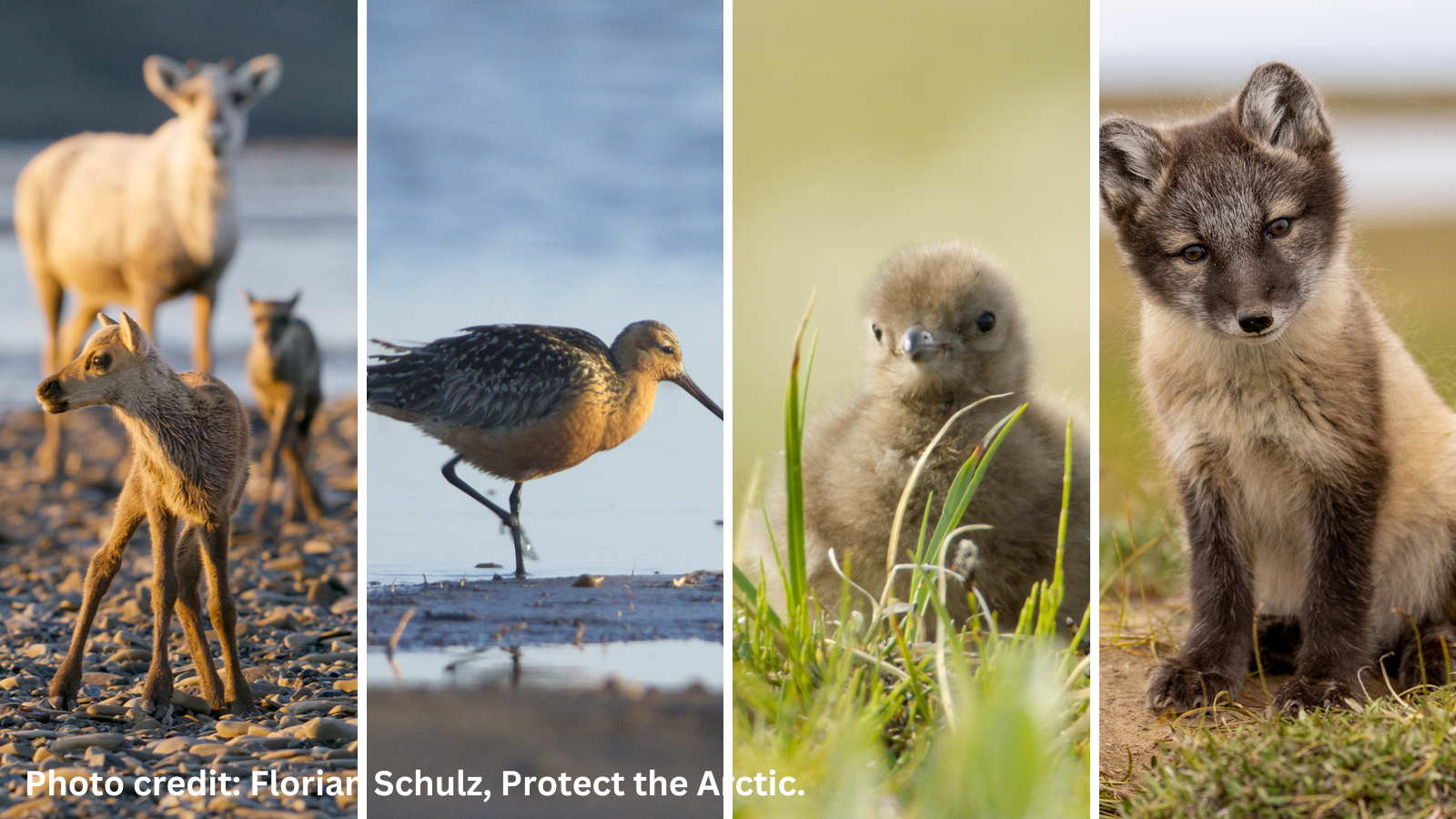
Why Alaska’s NPR-A, site of the Willow Project, deserves protection

Bank of America said it would stop financing drilling in the Arctic Refuge. Now it’s backtracking.
